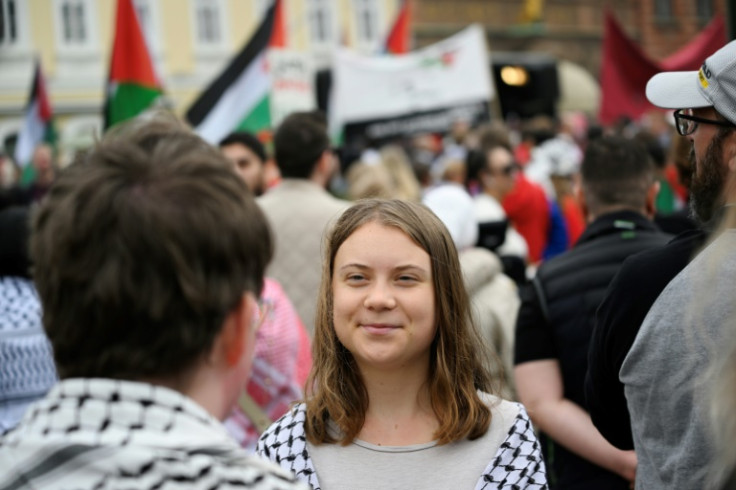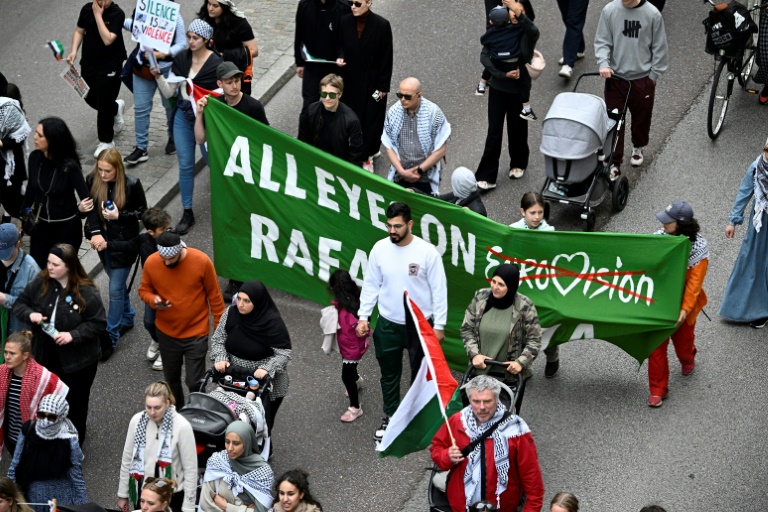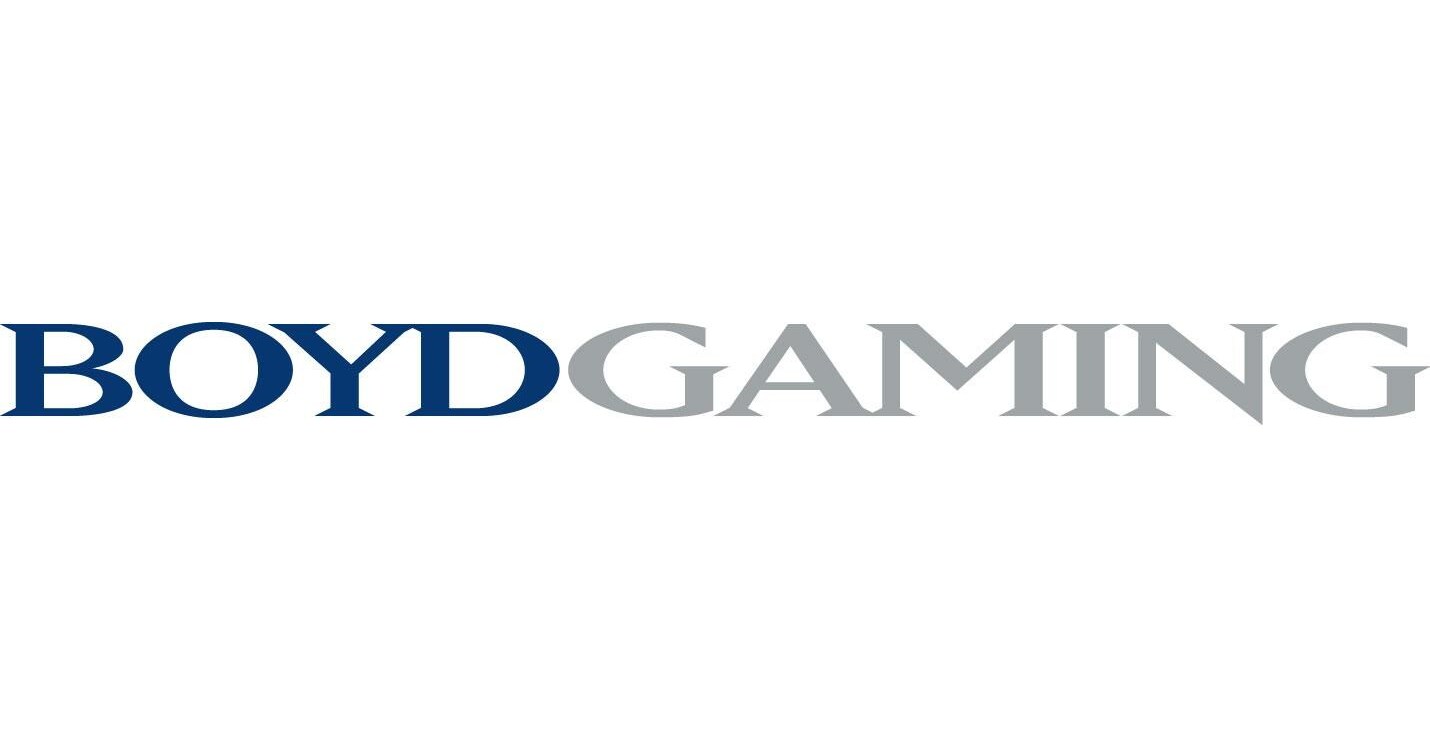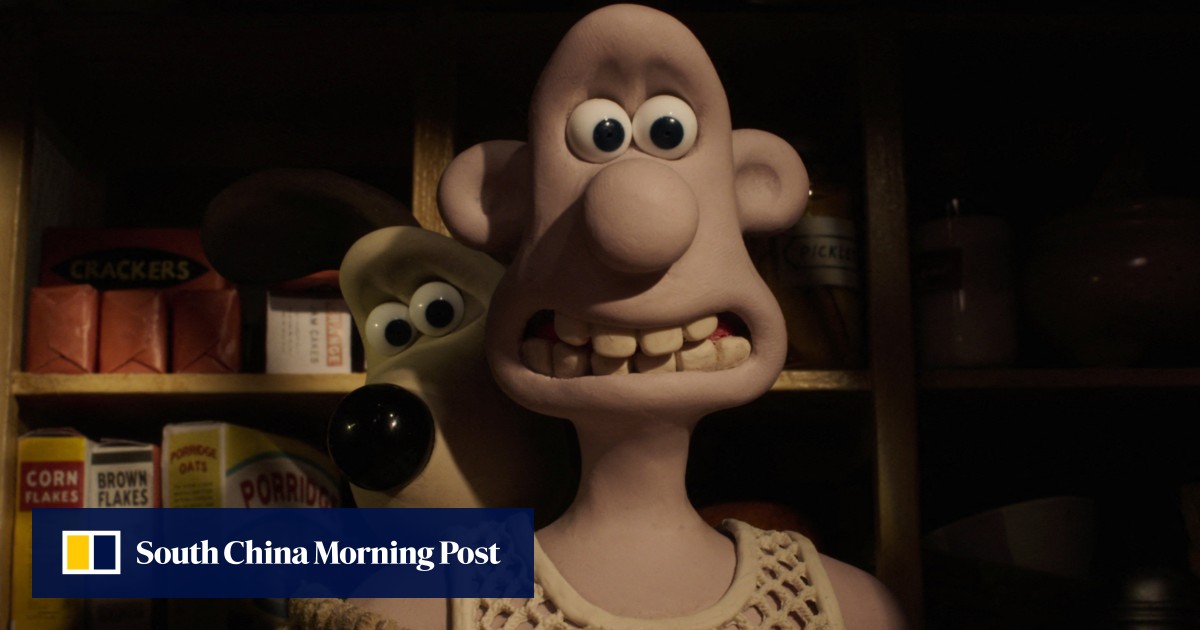Israel qualified for this weekend’s Eurovision song contest grand finale, defying thousands of demonstrators marching on Thursday in host country Sweden over the Gaza war.
Singer Eden Golan performed her song “Hurricane” in Thursday’s second semi-final in front of 9,000 spectators at the host city’s Malmo Arena and booked her place in the final thanks to viewers’ votes.
Israel now joins the group of 26 nations that will compete on Saturday in a contest watched around the world by millions of lovers of the pop sounds — and kitschy shows — that Eurovision promises each year.
“Well, I feel… I’m so overwhelmed with emotions. It’s truly such an honour to be here, on stage performing and showing our voice, and representing us with pride and making it to the finals is something that’s crazy,” 20-year-old Golan said after securing her place in the final.
Some online betting comparison sites list Golan as among the favourites to win this year’s edition, hosted in the birthplace of ABBA.
Other favourites are Baby Lasagna from Croatia, Ukraine’s Alyona Alyona & Jerry Heil, and Nemo from Switzerland.
Israel made its debut in Eurovision in 1973 and has won the contest four times.
This year, Israel’s participation and the choice of song has seen the contest swept up in the wave of pro-Palestinian protests that have brought thousands to the streets of cities in the United States, Europe and beyond.
Golan’s song is an adaptation of an earlier version named “October Rain”, which she modified after contest organisers deemed it too political because of its apparent allusions to Hamas’s unprecedented attack on Israel on October 7.
As she prepared for her performance, Israel’s Prime Minister Benjamin Netanyahu wished Golan good luck and said she had “already won” by enduring the protests that he called a “horrible wave of anti-Semitism”.
The war in Gaza was sparked by Hamas’s October 7 attack on Israel, which resulted in the deaths of more than 1,170 people, mostly civilians, according to an AFP tally of Israeli official figures.
Militants also took about 250 hostages. Israel estimates 128 of them remain in Gaza, including 36 who officials say are dead.
Israel in response vowed to crush Hamas and launched a military offensive that has killed at least 34,904 people in Gaza, mostly women and children, according to the Hamas-run territory’s health ministry.
The high toll in the Palestinian territory has sparked a wave of protests around the world, with several US university campuses paralysed in recent weeks by student sit-ins and demonstrations.
In Malmo on Thursday, more than 10,000 people including climate activist Greta Thunberg gathered in the main square before marching through the city’s central pedestrian shopping street, according to police estimates.
Malmo is home to a large immigrant population, including many of Palestinian and other Middle Eastern origins.
“I am a Eurovision fan and it breaks my heart, but I’m boycotting,” 30-year-old protester Hilda, who did not want to provide her surname, told AFP.
“I can’t have fun knowing that Israel is there participating when all those kids are dying. I think it’s just wrong.”
Protesters also held up banners that read “Liberate Palestine” and “EUR legitimises genocide”.
About 50 protesters made it to the front of the Malmo Arena, before being dispersed by police.
Protesters also entered the Eurovision Village, set up to allow spectators to watch the show on large screens.
Elsewhere in Malmo, about 100 counter-protesters gathered under police protection to express their support for Israel.
Several petitions this year have demanded Israel’s exclusion from the 68th edition of the annual music competition.
At the end of March, contestants from nine countries, including Swiss favourite Nemo, called for a lasting ceasefire.
Part of the controversy around Golan’s participation centred around her song “Hurricane”.
“Take it all and leave the world behind. Baby, promise me you’ll hold me again. I’m still broken from this hurricane,” Golan sings.
It is not the first time Eurovision has been swept up by divisions over a conflict.
Russia last participated in Eurovision in 2021 ahead of its invasion of Ukraine.
In 2022, its state broadcaster was excluded from the European Broadcasting Union, which oversees Eurovision.
In Malmo, one protester said he wanted Israel to be excluded too.
“I feel like if they can remove Russia why can they not do it to Israel?” said protester Marwo Mustafa.
AFP

AFP







